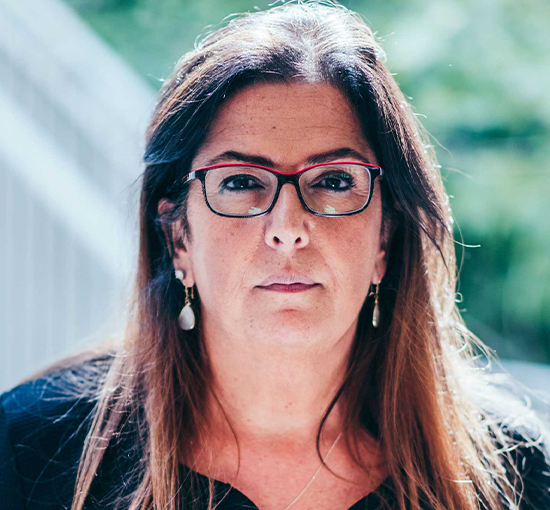Marcelle Machluf
Marcelle Machluf received her Ph.D. in Biotechnology Engineering from Ben-Gurion University (Israel), and then went on to complete a 5-year post-doctoral fellowship at the Harvard Medical School under the supervision of distinguished scholars Robert Langer and Anthony Atalla. During these years, she gained extensive hands-on experience with biomaterials and the development of biomedical platforms.
Since joining the Technion in 2001, Dr. Machluf's research has focused on nature inspired biomaterials, drug delivery, and regenrative medicine, which have resulted in more than 90 peer-reviewed journal papers and over 200 conference papers. In 2017, she was nominated Dean of the Faculty of Biotechnology and Food Engineering at the Technion. She has supervised more than 50 graduate and post-doctoral students, from around the world. In recent years, she was a member of the TargetCaRe consortium, under Horizon 2020 Training Networks (H2020-MSCA-ITN-2014), as well as the head of a six-year collaboration between six groups from the Technion and two of Singapore’s leading universities (NTU and NUS) funded for 25M$ by the National Research Foundation of Singapore. Her research has fruited in more than 90 peer-reviewed journal papers (~6,500 citations, h-index 45), 7 patents, and two startup companies NanoGhost and Meatafora.
Currently Marcelle Machluf's team is advancing the resesarch on the proprietary NanoGhost technology, which is a nanometric delivery system prepared from the isolated cytoplasmatic membranes of mesenchymal stem cells (MSCs). This platform was shown to retain the membranal molecules of MSCs, thus preserving these cells’ capability to actively target the tumor niche and inflammation sites, and to modulate local immune reactions while carrying therapeutic drugs. Established evidence of the NanoGhost platform efficacy in the treatment of multiple cancer types and chronic inflammation diseases, has led to its recent commercialization.
Seminar Topic: Nanoghost: a smart targeted cancer drug delivery system or a therapy as well?
